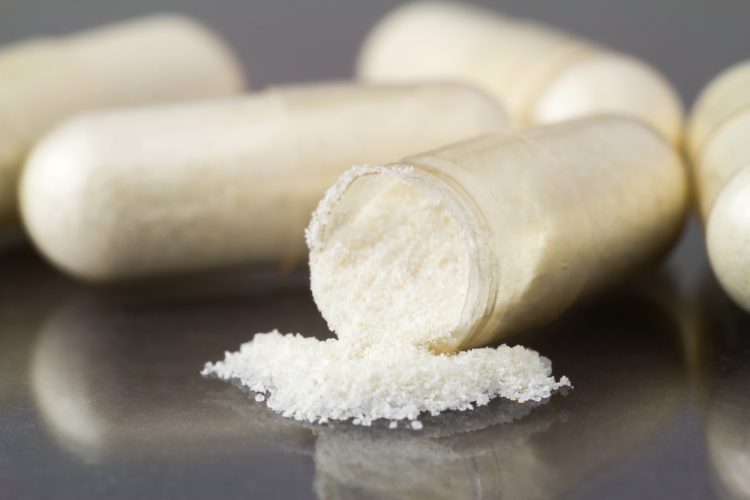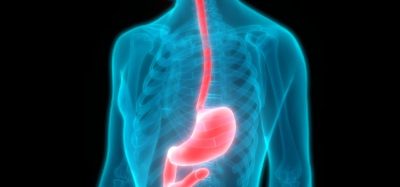Novel prostate cancer drug formulation could improve drug’s efficacy
Posted: 22 June 2020 | Victoria Rees (European Pharmaceutical Review) | No comments yet
A new oil-based oral formulation of prostate cancer drug abiraterone acetate could enable a smaller dose of the drug to be effective and reduce possible side effects, a study has shown.


A novel formulation of the prostate cancer drug abiraterone acetate – currently marketed as Zytiga – could dramatically improve the quality of life for people suffering from prostate cancer, as pre-clinical trials by the University of South Australia (UniSA) suggest. According to the researchers, the new formulation improves the drug’s effectiveness by 40 percent.
Developed by Professor Clive Prestidge’s Nanostructure and Drug Delivery research group at UniSA’s Cancer Research Institute, the discovery uses an oil-based oral formulation that not only enables a smaller dose of the drug to be effective, but also has the potential to dramatically reduce possible side effects, such as joint swelling and diarrhoea.
Despite Zytiga being the leading formulation to treat prostate cancer, lead researcher Dr Hayley Schultz says it had its drawbacks: “Many drugs are poorly water soluble, so when they are ingested, they enter the gut but do not dissolve, which means that their therapeutic effect is limited. This is the case for Zytiga. Here, only 10 percent of the dose is absorbed, leaving the other 90 percent undissolved, where it simply passes through the body as waste.”
The researchers also highlight that patients taking Zytiga must fast for two hours prior to taking the drug and another hour after taking the drug to achieve predictable absorption.
However, the new formulation uses oils to mimic pharmaceutical food effects, allowing the researchers to significantly increase the drug’s solubilisation and absorption, making it more effective and a far less invasive treatment for patients with prostate cancer.
The new formulation uses very high levels of abiraterone acetate dissolved within a specific oil and encapsulated within porous silica microparticles to form a powder that can be made into tablets or filled into capsules. According to the developers, applied to human treatment, it could reduce the dose from 1,000mg to 700mg per day, without the need for fasting.
Professor Prestidge says if the team can secure funding, clinical trials in humans with prostate cancer could be just two years away: “Based on our knowledge of this drug’s pharmaceutical food effect, we hypothesise its absorption in humans will be extensively improved using this technology. Anything we can do to contribute to the development of a commercialised product to improve the lives of patients is invaluable. This novel formulation is flexible enough to be adopted by thousands of different medicines; its potential to help patients of all kinds is exponential.”
The findings were published in the International Journal of Pharmaceutics.
Related topics
Drug Development, Drug Safety, Formulation, Preclinical Research, Therapeutics









